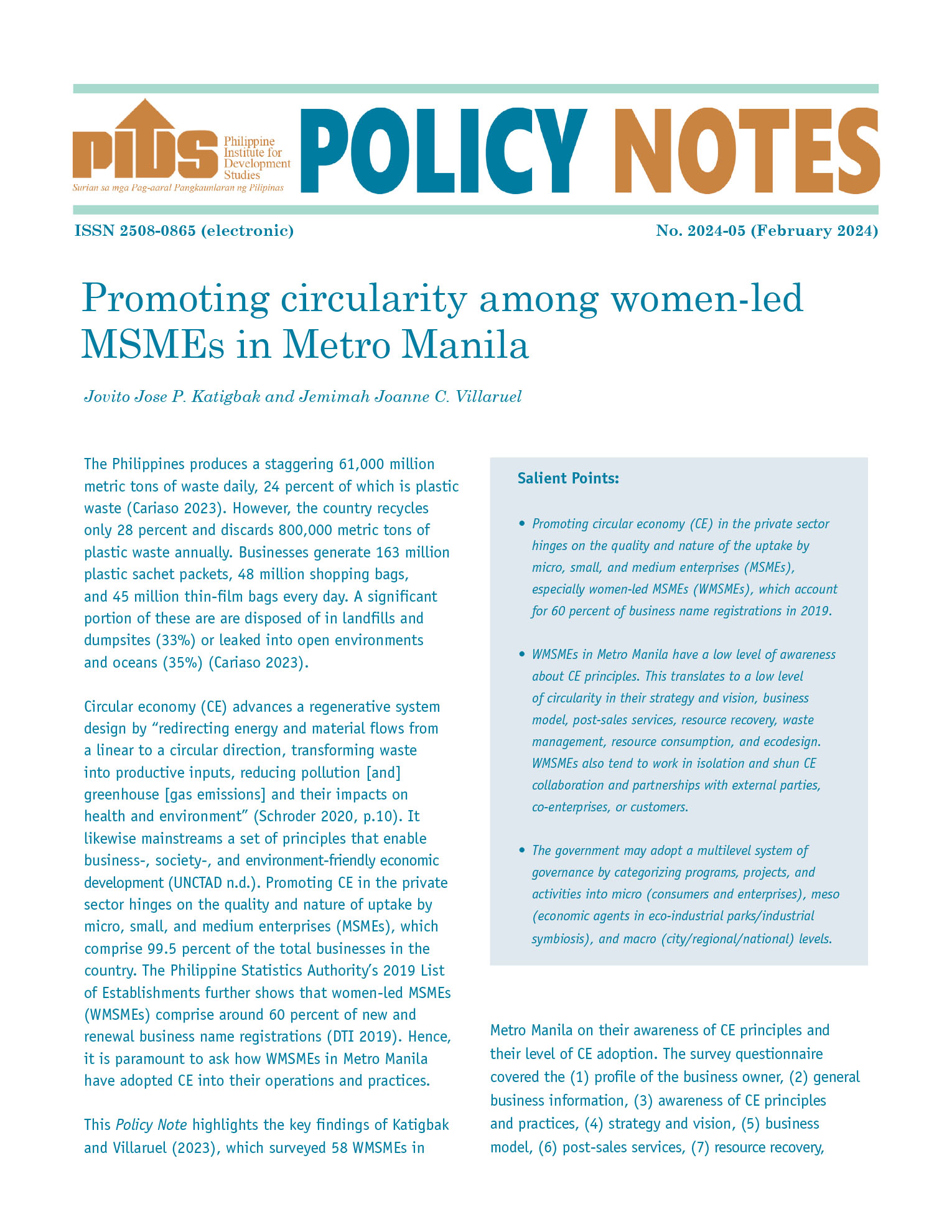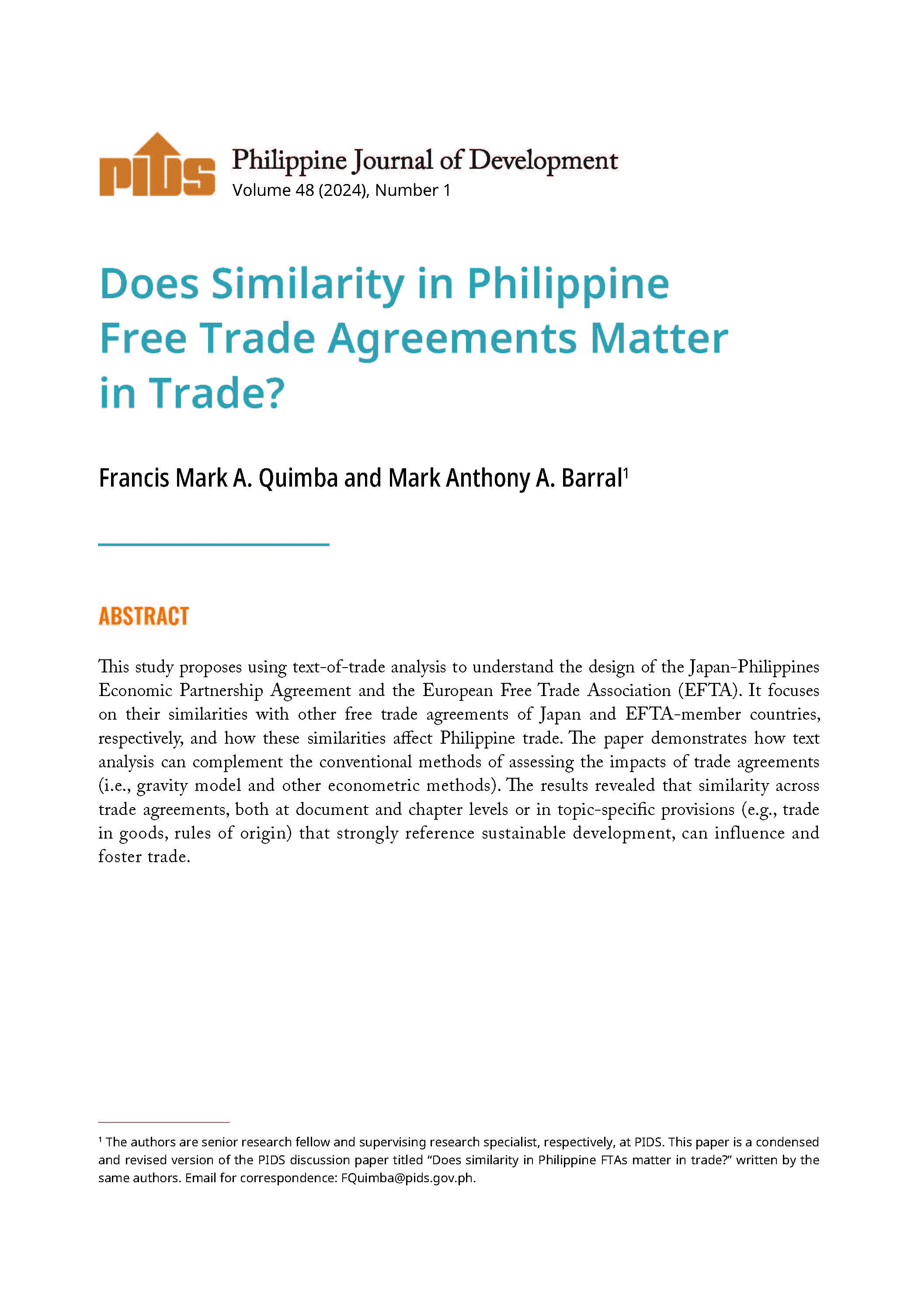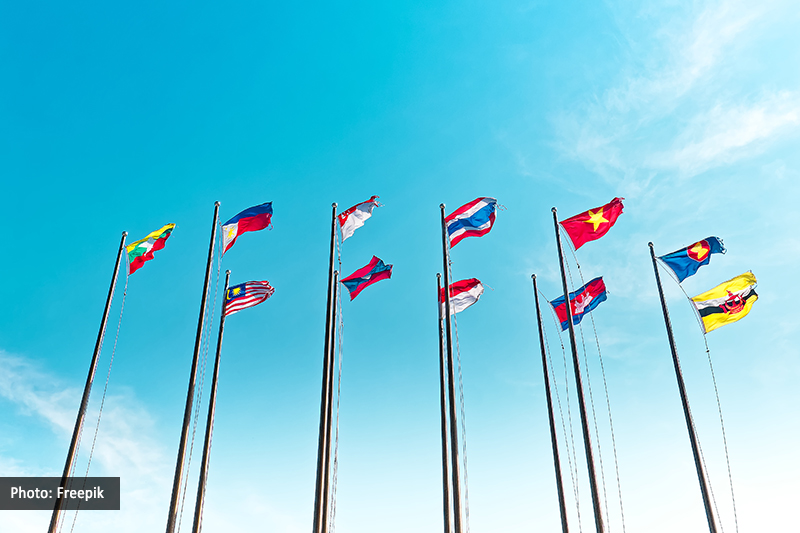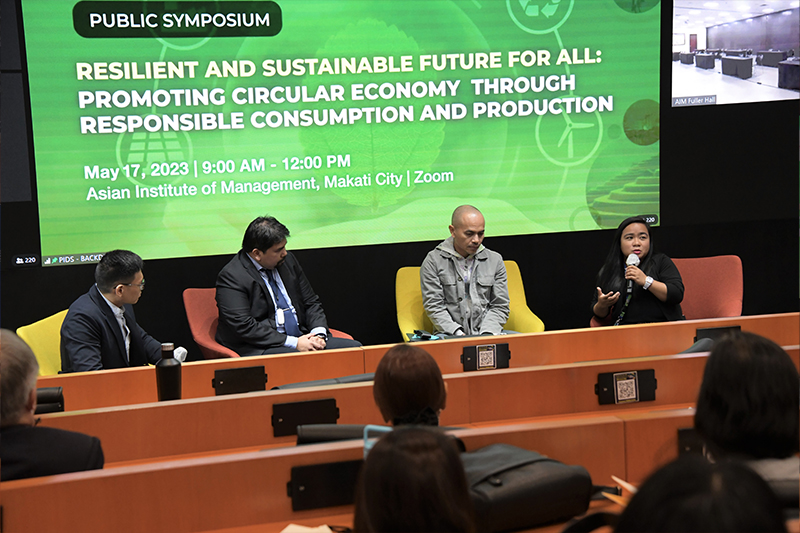The Trade Department is hoping the Senate would ratify the Regional Comprehensive Economic Partnership (RCEP) to allow the country’s inclusion in the world’s largest trade deal before its implementation on 1 January next year.
“Although the Senate is currently on recess, the process is ongoing. The Senate is currently conducting committee hearings and deliberation on the committee level and all the other stakeholders, government agencies, and civic societies. For our part, we participate with our presentations as we encourage the lawmakers to ratify this so that the Philippines can participate with RCEP. We expect the ratification hopefully this November. Or else, we will be left behind by our counterparts,” he said.
Ratifications from at least six Association of Southeast Asian Nations (ASEAN) countries and three of the other five non-ASEAN countries are needed for the trade pact to take effect.
Lopez previously told lawmakers that the Philippines could afford to miss the RCEP membership, resulting in severe economic setbacks. Under the agreement, investors and trading partners will receive preferential treatment from RCEP members.
He maintained that the benefits of the RCEP agreement to the Philippines far outweigh the cost of not joining. An initial study by Dr. Francis Quimba of the Philippine Institute for Development Studies indicated that non-participation or delayed participation would hurt the economy.
On Thursday, the ASEAN Secretariat said the RCEP would take effect on the first day of the coming year after receiving instruments of ratification from six ASEAN countries, namely Brunei, Cambodia, Laos, Singapore, Thailand, and Vietnam, and four non-Asean signatory states, including Australia, China, Japan, and New Zealand.
Related Posts
Publications
Press Releases
Video Highlights
[No related items]








